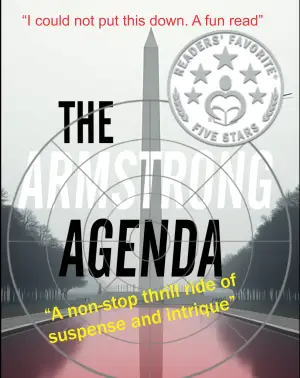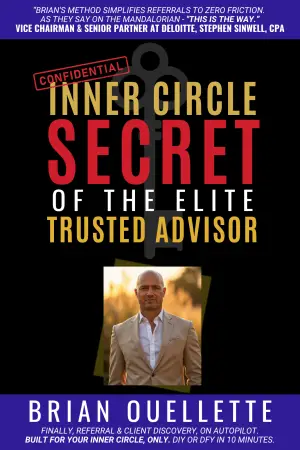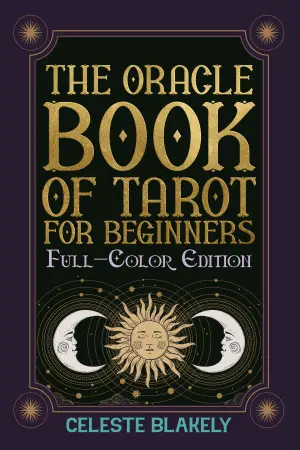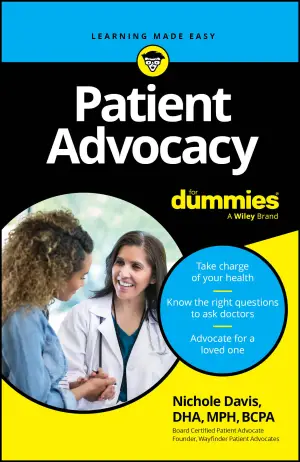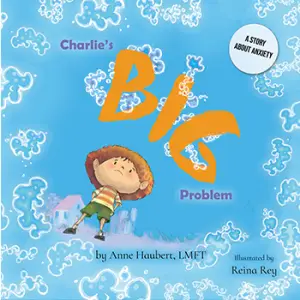Review of It’s Better This Way: A Missed Connection
I picked up It’s Better This Way by Debbie Macomber with a sense of nostalgia. It’s been ages since I read one of her books—back to the 90s, in fact! After browsing some Robyn Carr titles on my library app, I was curious to see how Macomber’s storytelling has evolved. The premise, focusing on an older couple navigating the tumultuous waters of divorce, caught my eye. However, what began as a hopeful reading adventure rapidly transformed into a frustrating journey that I couldn’t continue.
From the outset, we meet a woman on the brink of signing divorce papers, grappling with her husband’s infidelity and his insistence on moving on with his mistress. Right off the bat, I felt an overwhelming sense of exasperation at the heroine’s predicament. While I get the complexity of divorce and lingering emotional attachments, her relentless hope that she could mend a shattered marriage felt misguided—especially since her husband was clearly checked out. Instead of rooting for her, I found myself wanting to shake her awake and say, "Girl, just let go!"
The ineffectiveness of their marriage counseling became painfully clear. Her husband’s lack of interest and continued contact with his mistress only amplified my annoyance. And there’s something to be said about the mistress’s obnoxious behavior, which became a catalyst for an even more convoluted plotline filled with unproductive confrontations and a significant missed opportunity for character growth.
The story didn’t just focus on the failed marriage; it also emphasized her relationship with her grown daughters. Initially, they emerge as solid support systems, displaying fierce loyalty and blunt honesty—"Team Grown Daughters," if you will! Yet, even as they stood up to their father, the heroine still clung to the hope of reconciliation. It brought a question to mind: Is forgiveness always a virtue, or can it be toxic? In my opinion, her inability to sever ties with someone so evidently harmful was disheartening.
Despite all this, I will say that Macomber’s prose is approachable and comforting. Her style feels like a warm hug, even if the content isn’t always con conducive to a pleasant reading experience. I sensed some pacing issues that made me long for more substantial character development. Had the plot leaned into more of the daughters’ perspectives or even the hero’s newfound love interest in a meaningful way, perhaps I would have felt a stronger connection.
Ultimately, after a frustrating 10% of the book, I decided to DNF it. I did peek ahead, hoping for a turnaround—but it seemed the heroine was still entrenched in her unhealthy patterns of clinging to her ex and attempting to play peacemaker. While her commitment to family and forgiveness can be commendable, there’s a line where it just becomes unhealthy, and I felt her actions stepped over that line repeatedly.
So, who might enjoy this book? If you’re a fan of light, feel-good reads that delve into the complexities of relationships and are okay with a protagonist who takes a long, winding road to clarity, you might find value in this story. However, for someone like me who prefers more agency and growth in characters, it was simply not the right fit.
It’s Better This Way left me pondering the delicate balance between forgiveness and self-respect, an endeavor that sadly didn’t resonate with me enough to continue. While Debbie Macomber has captured the hearts of many with her stories, this time, it just didn’t sing for me. Sometimes, it’s simply not meant to be—and that’s okay.
Discover more about It’s Better This Way on GoodReads >>

